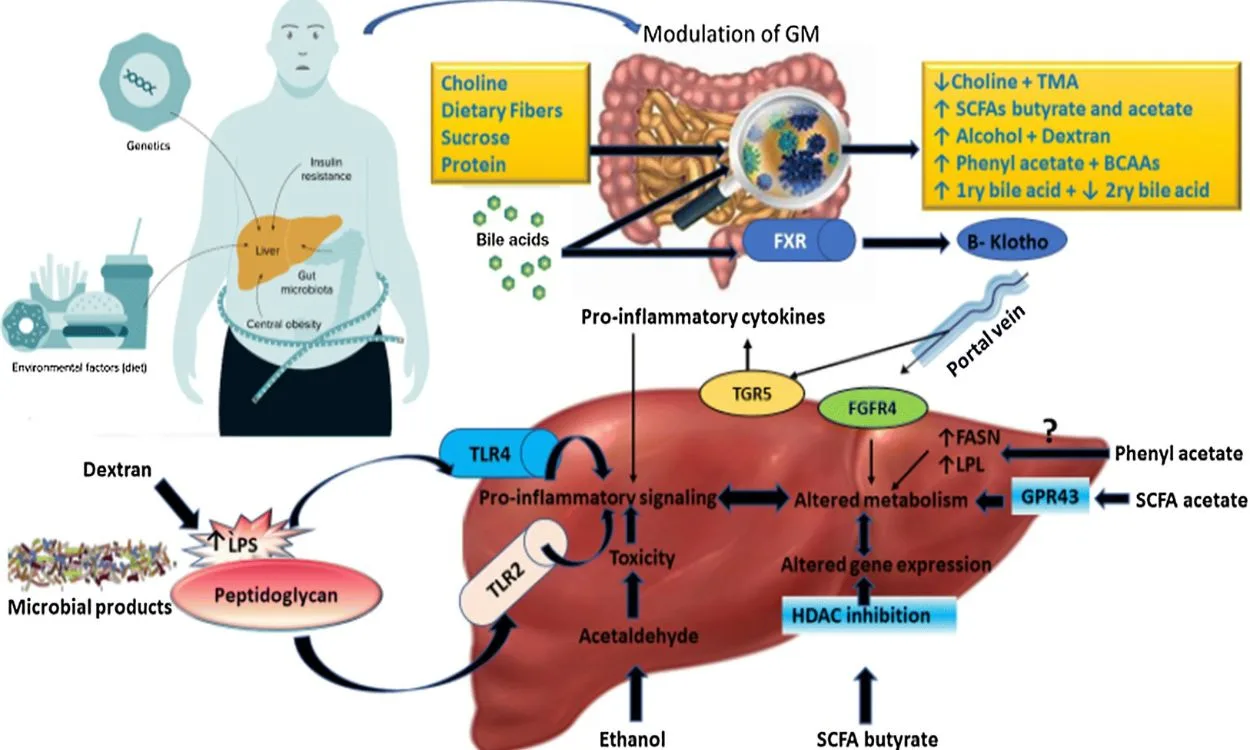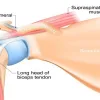How do Omega-3 Fatty Acids Affect Triglycerides?
Triglycerides are a type of fat found in the bloodstream. They are necessary for providing energy to the body, but high levels of triglycerides can increase the risk of heart disease. Omega-3 fatty acids, which are a type of polyunsaturated fat, have been shown to have several health benefits, including reducing triglyceride levels. In this article, we will explore how omega-3 fatty acids affect triglycerides and why they are important for maintaining heart health.
What are Omega-3 Fatty Acids?
Omega-3 fatty acids are essential fats that are important for the body’s normal functioning. They are called “essential” because the body cannot produce them and must obtain them through diet. There are three main types of omega-3 fatty acids: alpha-linolenic acid (ALA), eicosapentaenoic acid (EPA), and docosahexaenoic acid (DHA).
ALA is found primarily in plant sources such as flaxseeds, chia seeds, and walnuts. EPA and DHA, on the other hand, are mainly found in fatty fish like salmon, mackerel, and sardines. These two forms of omega-3 fatty acids are more biologically active and have stronger health benefits compared to ALA.
How Do Omega-3 Fatty Acids Affect Triglycerides?
- Reducing Triglyceride Levels: Omega-3 fatty acids, especially EPA and DHA, have been shown to lower triglyceride levels in the blood. High triglyceride levels are often associated with an increased risk of heart disease. Omega-3 fatty acids help reduce the production of triglycerides in the liver and enhance their clearance from the bloodstream.
- Increasing HDL Cholesterol: Omega-3 fatty acids have also been found to increase the levels of high-density lipoprotein (HDL) cholesterol, commonly referred to as “good” cholesterol. HDL cholesterol helps remove low-density lipoprotein (LDL) cholesterol, or “bad” cholesterol, from the bloodstream, reducing the risk of plaque buildup in the arteries.
- Anti-Inflammatory Effects: Chronic inflammation plays a significant role in the development of various diseases, including heart disease. Omega-3 fatty acids have potent anti-inflammatory properties that help reduce inflammation in the body. By reducing inflammation, omega-3 fatty acids can improve heart health and lower the risk of cardiovascular diseases.
Recommended Daily Intake of Omega-3 Fatty Acids
The Indian Council of Medical Research (ICMR) recommends a daily intake of 250-500 mg of combined EPA and DHA for adults. This can be achieved by consuming two servings of fatty fish per week. For individuals who do not consume fish or have specific dietary needs, omega-3 supplements can be considered under the guidance of a healthcare professional.
Incorporating Omega-3 Fatty Acids into Your Diet
- Eat Fatty Fish: Include fatty fish, such as salmon, mackerel, and sardines, in your diet at least twice a week to ensure an adequate intake of EPA and DHA.
- Add Plant-Based Sources: Include plant-based sources of omega-3 fatty acids, such as flaxseeds, chia seeds, and walnuts, in your meals. These sources provide ALA, which can be converted to EPA and DHA in the body, although in limited amounts.
- Consider Omega-3 Supplements: If you are unable to consume enough omega-3 fatty acids through diet alone, omega-3 supplements can be a convenient option. However, it is essential to choose high-quality supplements and consult with a healthcare professional before starting any supplementation.
The Fitpaa Approach to Heart Health
At Fitpaa, we understand the importance of maintaining heart health and reducing the risk of cardiovascular diseases. Our holistic approach combines the benefits of omega-3 fatty acids with personalized fitness and nutrition plans to help you achieve your health and fitness goals.
By using the Fitpaa app, you can access a team of fitness planners, nutritionists, and doctors who will design a customized Fitpaa Capsule for you. This capsule includes a sustainable diet plan, a comprehensive workout plan, and a recovery plan. The Fitpaa app provides real-time guidance, tracking tools, and expert consultations to keep you on track towards your heart health goals.
Don’t wait any longer to take charge of your heart health. Download the Fitpaa app today and start your journey towards a healthier, fitter, and happier life!









